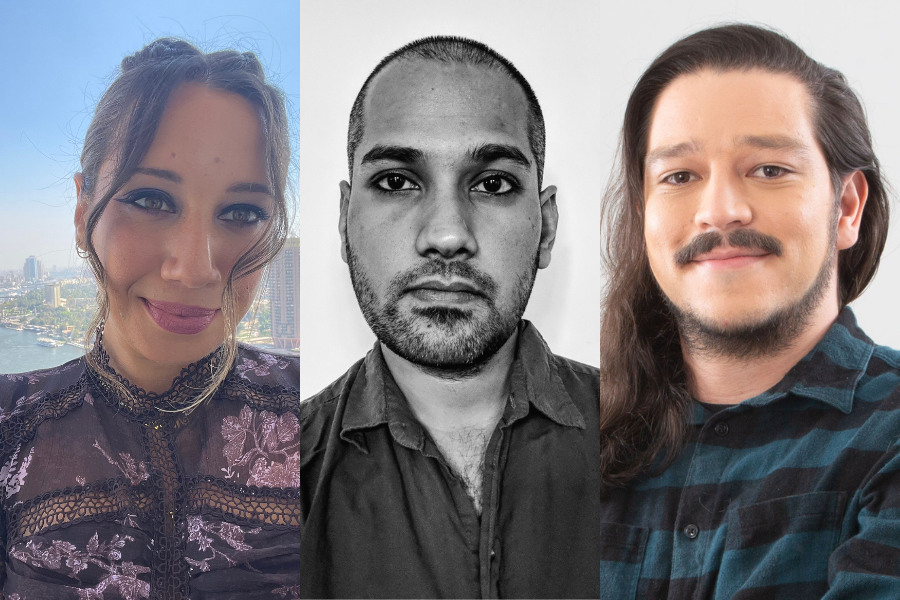
The New School for Social Research Launches Social Change Fellowship
What does it mean to be a PhD student today? In the past, being a PhD student might have meant only preparation for a career in the academy, but nowadays, the skills developed in graduate programs are sought after in non-academic professions that require the ability to apply complex thinking to real-world challenges. The New School for Social Research (NSSR) Social Change Fellowship connects graduate students with paid internships at organizations committed to social justice, allowing them to begin applying the skills acquired in their graduate program in different professional settings.
The new program provides fellows with “opportunities to use the skills that they have acquired as a result of their degree but which they may not know how to apply in non-academic areas and settings,” says Jennifer MacDonald, director of The New School’s Center for Graduate Career and Professional Development.
Four fellows were selected for the inaugural year. Mariam Matar, an Egyptian–British PhD Philosophy candidate whose research focuses on critical theory, decolonial theory, feminist theory, social epistemology, and abolitionism, has been placed with Mercury Public Affairs.
Krishna Boddapati, a PhD Philosophy student, aims to advance a positive account of forgetting by tracing the roles that memory and forgetting have played in the history of philosophy and considering how they have been mobilized and put to use in everyday life, especially in national and political narratives. He is working with the 9/11 Memorial & Museum’s Collections and Curatorial Department.
Eduardo Mora Zuniga, an MA Politics student, is paired with the International Crisis Group’s Latin American & Caribbean Group. Eduardo is a Central American activist and researcher who studies the relationship between the gig economy and plantation work as forms of accumulation by dispossession.
The creation of the fellowship was a collaborative effort between MacDonald; Jane McNamara, associate dean of Strategic Initiatives and Civic Partnerships at Eugene Lang College of Liberal Arts; and Ryan Gustafson, director of Academic Affairs at NSSR. In selecting the internship placements, they wanted to ensure that the participating organizations would be able to provide fellows with substantive mentorship and learning opportunities. In establishing the fellowship, they looked to another successful program, the Eugene Lang Social Science Fellowship, which has strong connections with many organizations committed to social justice through its work connecting undergraduates with internship opportunities.
As the fellowship is focused on preparing students for post-academic life, it also includes training and support from the Center for Graduate Career and Professional Development for integrating public engagement into their careers, academic or otherwise. “It is always a challenge when you go through a rigorous process like a doctoral or advanced master’s study to articulate and communicate the ways those skills are valuable in a different setting,” says MacDonald. According to McNamara, “One of the things we heard while we were interviewing candidates for this position is how many of them are eager to understand how their skills have application in other settings beyond academia and how they can bring their expertise to other settings, whether or not they decide to pursue an academic career.”